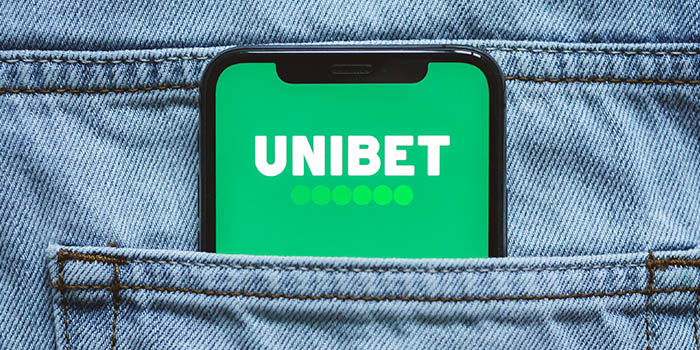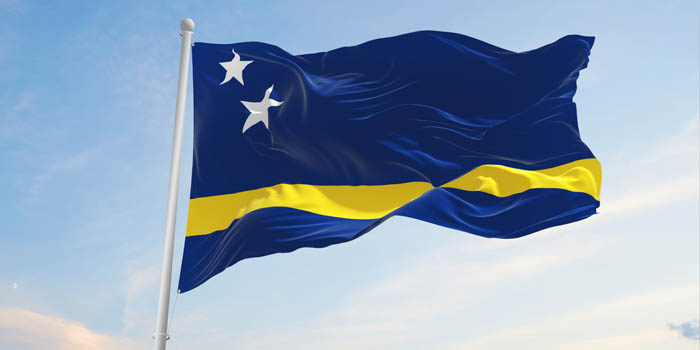- Casino
- By State
- Alabama
- Alaska
- Arizona
- Arkansas
- California
- Colorado
- Connecticut
- Delaware
- Georgia
- Florida
- Hawaii
- Idaho
- Illinois
- Indiana
- Iowa
- Kansas
- Kentucky
- Louisiana
- Maine
- Massachusetts
- Maryland
- Michigan
- Minnesota
- Mississippi
- Missouri
- Montana
- Nebraska
- Nevada
- New Hampshire
- New Jersey
- New Mexico
- New York
- North Carolina
- North Dakota
- Ohio
- Oklahoma
- Oregon
- Pennsylvania
- Rhode Island
- South Carolina
- South Dakota
- Tennessee
- Texas
- Utah
- Vermont
- Virginia
- Washington
- West Virginia
- Wisconsin
- Wyoming
- By State
- Slots
- Poker
- Sports
- Esports
Dutch Court Rules in Favor of Bwin in €94K Player Loss Case
The gambler used the operator's services prior to the establishment of the regulated gambling sector in the country

A gambler who lost nearly €100,000 ($108,200) with Entain-owned Bwin, prior to the establishment of the gambling regulations in the Netherlands, saw his lawsuit rejected earlier this week. The gambler, represented by Benzi Loonstein, a lawyer with extensive experience in such matters, filed the lawsuit with the Zeeland-West Brabant Court, CasinoNieuws reports.
In its legal claim, the Dutch gambler confirmed that he lost €94,000 ($101,700) while engaging in different gambling activities with Bwin. The losses predated the Dutch gambling regulations from April 1, 2021, under the Remote Gambling Act.
The player admitted to losing money with the gambling operator, which did not hold a license at the time, nor was regulated by Dutch laws, between 2017 and 2021. The request of the gambler was to annul the agreement between himself and the operator, effectively receiving back the money he lost.
Supporting his claims, the gambler pointed to previous cases against operators such as PokerStars and Unibet where agreements between gamblers and the operators have been annulled.
Besides outlining that Bwin did not hold a license at the time, the Dutch gambler accused the operator of duty of care failures. According to the man, the failed duty of care resulted in the extensive losses.
The Gambling Act Could Not Be Enforced Retroactively
However, the Zeeland-West Brabant Court judge rejected the claim by the gambler. Importantly, the judge explained that the Remote Gambling Act of 2021 could not be enforced retroactively against the operator.
He acknowledged that the plaintiff’s allegations against Bwin are related almost entirely to the period prior to the enforcement of the Dutch gambling regulations. Moreover, the judge said: “Article 4 of the General Provisions Act states that the law has no retroactive effect.”
Providing further explanation, the judge said that the gambling regulations in the country extended beyond player protection and sought to fight criminal activities such as fraud. Thus, the judge concluded that the agreement between the gambler and Bwin was not void.
No Duty of Care Failures
In addition, the judge disagreed with the plaintiff’s claim about duty of care failures. Bwin provided the court with details from the gambler’s account, revealing that the plaintiff requested his account to be frozen for six months back in 2018. Subsequently, the operator complied with the gambler’s request.
Besides agreeing to the cool-off period request, the operator maintained a duty of care for its client by providing responsible gambling resources and promoting gambling limits and self-exclusion. The gambler was also referred to a responsible gambling page which contained links for help, while 24/7 customer service was also available.
Although the Dutch gambler’s request was rejected, he has the option to appeal. Still, the judge ordered the plaintiff to cover the legal expenses.
Related Topics:
Jerome brings a wealth of journalistic experience within the iGaming sector. His interest in the industry began after graduating from college, where he regularly participated in local poker tournaments. This exposure led him to the growing popularity of online poker and casino rooms. Jerome now channels all the knowledge he's accrued to fuel his passion for journalism, providing our team with the latest scoops online.
Must Read
More Articles

















